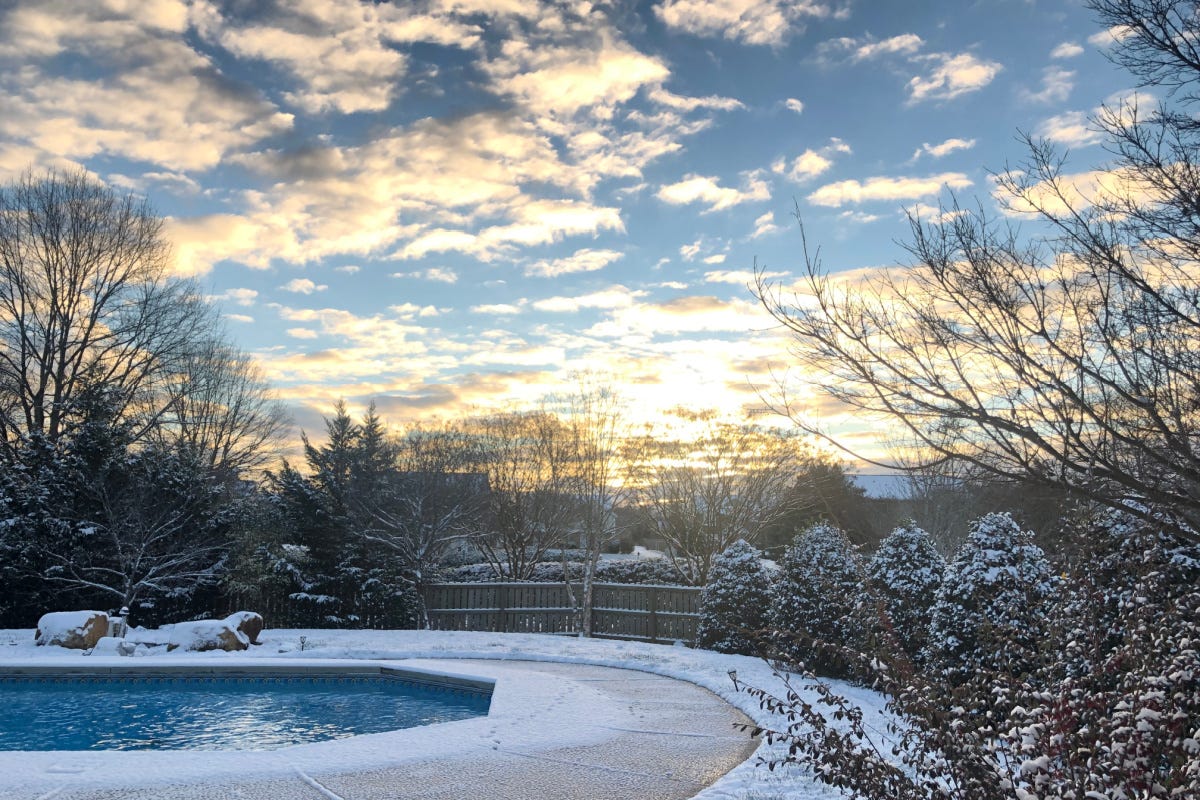I think winter gets a bad rap. Yeah, it’s cold and the weather isn’t conducive to backyard barbecues. But I love winter.
I love the combination of chenille blankets and warm fires and paper-bound books while listening to the rhythms of rainfall. I especially love the way the earth quiets down and the land literally hibernates for a season.
Winter is like an invitation — to slow our pace and quiet our souls.
Keep reading with a 7-day free trial
Subscribe to Denise J. Hughes to keep reading this post and get 7 days of free access to the full post archives.




